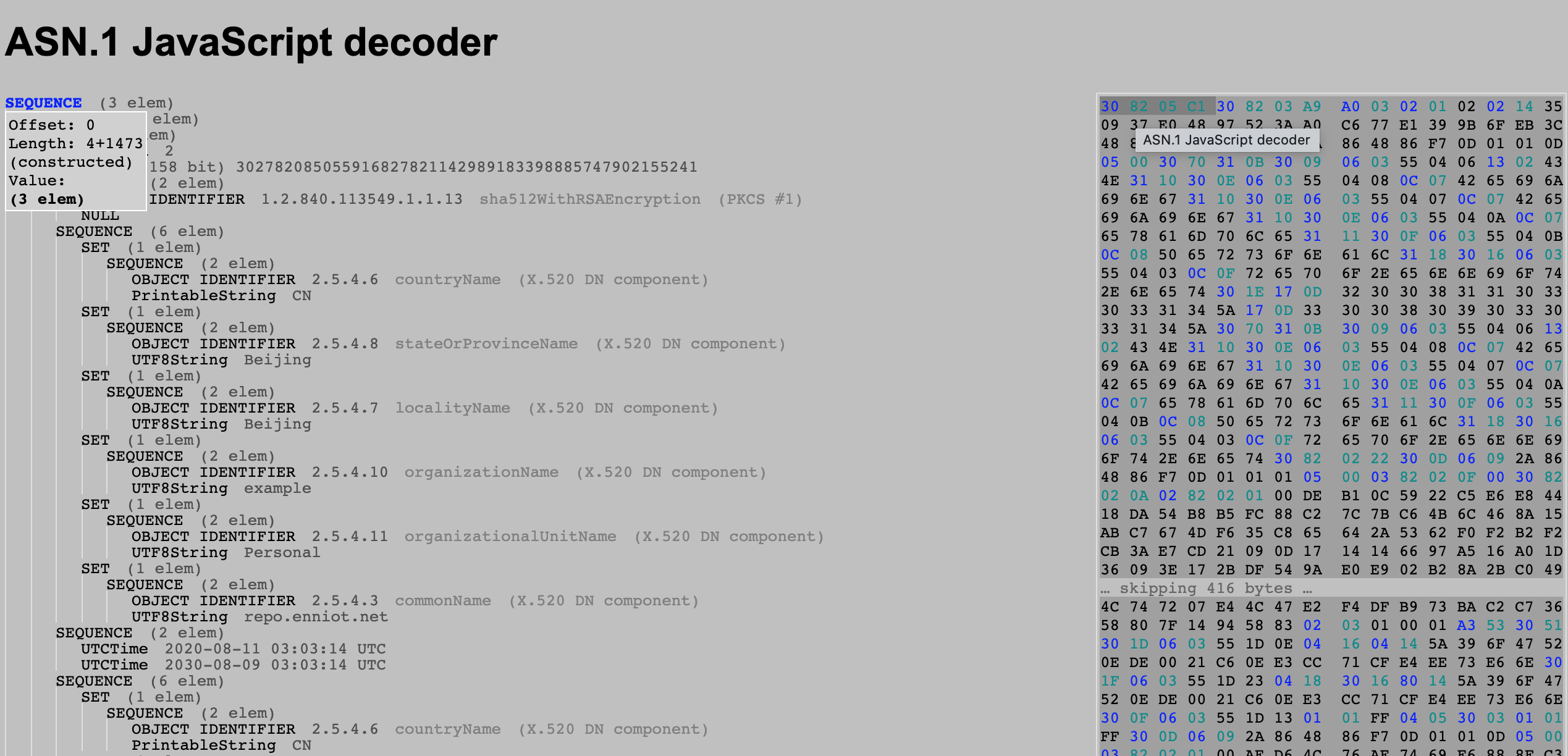


will be translated to: VGhpcyBwYWdlIHByb3ZpZGVzIGEgSmF2YXNjcmlwdCBvbmxpbmUgd2ViLWJhc2VkIEJhc2U2NCBFbmNvZGVyL0RlY29kZXIu Convert Text to Base64īase64 makes every 3 characters into 4 Base64 digits! Extra '=' are padded into the input so that last group always has 4 base64 digits.Įxample: This page provides a Javascript online web-based Base64 Encoder/Decoder. that is only 1 or 2 characters at the end of the input, then the following action is performed: Extra bytes are added with value zero so there are 3 bytes, and perform the conversion to base64. If the length of the input is not divisible by 3, i.e. Thus, each new character is from 0 to 63, which is mapped into new characters using this 64-character table. 3 X 8 = 24 bits, and regroup it into 4 characters 4 X 6 = 24 bits. It uses a 64 character table ABCDEFGHIJKLMNOPQRSTUVWXYZabcdefghijklmnopqrstuvwxyz0123456789+/= and group every 3 characters of input, e.g. The Base64 Encode Technique is often used to make binary data (those non-printable) into text-printable characters. If you're interested in just uglyfing and compressing your code, I suggest page provides a Javascript implementation online Base64 encoder and decoder that can be used to convert Text and Binary Data to Base64 format. There are also a number of plugins, such as: webpack-obfuscator, gulp-javascript-obfuscator and grunt-contrib-obfuscator.Īlso, this web app is open-source as well. You can go to its GitHub page and read more there.
DECODE JAVASCRIPT ONLINE FREE
This tool uses a free and open source (BSD-2-Clause licensed) obfuscator written in TypeScript. I want to run the obfuscator on my own server/machine. Does this tool works with Node.js source code?
DECODE JAVASCRIPT ONLINE CODE
No, it's impossible to revert the obfuscated code back to your original code, so keep the original safe. Can I recover the original source code from the obfuscated one? The source is processed by our application server, then to the obfuscator and back to the browser, so it only stays on our server memory for a brief period of time (usually milliseconds). You can run your code through a minifier before to make sure that it removes dead code and do other optimizations, though. No, it's not recommended and in some cases it'll break the code (such as if you enable self-defending). Can I run a minifier such as UglifyJS or Google Closure Compiler on the obfuscated output? You don't have to worry too much about code size because there is a lot of repetition, so the obfuscated code will be compressed extremely well by your webserver (if you have GZIP compression enabled on your server, which most do nowadays).

Also strings are converted to \xAB hexadecimal code to make things a little bit harder to understand. Why is my obfuscated code larger than my original source?īecause the obfuscator introduces new pieces of code that are meant to protect and defend against debugging and reverse-engineering. And any tool that promises that is not being honest. Since the JavaScript runs on the browser, the browser's JavaScript engine must be able to read and interpret it, so there's no way to prevent that. No, while it's impossible to recover the exact original source code, someone with the time, knowledge and patience can reverse-engineer it. You can show your work to the client knowing that they won't have the source code until the invoice has been paid. Protection of work that hasn't been paid for yet.Making it faster to load and harder to understand Removal of comments and whitespace that aren't needed.This is specially important on 100% client side projects, such as HTML5 games Prevent anyone from simply copy/pasting your work.There are numerous reasons why it's a good idea to protect your code, such as: FAQ Why would I want to obfuscate my JavaScript code?


 0 kommentar(er)
0 kommentar(er)
